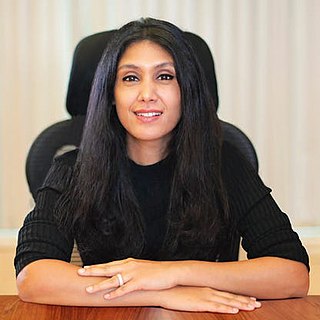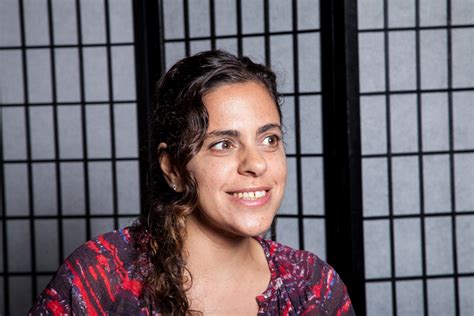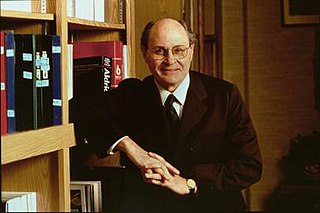A Quote by Pavel Durov
When I turned 17, I created a website for the students at my University. It enabled students to share lectures and discuss exams, and became popular very quickly.
Related Quotes
I flunked my exam for university two times before I was accepted by what was considered my city's worst university, Hangzhou Teachers University. I was studying to be a high school English teacher. In my university, I was elected student chairman and later became chairman of the city's Students Federation.
Students at residential universities often live together and spend time on activities that aren't connected with the university. Then, should the university's rules about sexual consent extend to students' private lives? In my book, I argue that these narrow rules should extend to students' private lives no matter what or where they happen to be conducting those lives. The logic is that sexual assault is a form of discrimination and denies the victim an equal education. The point of university life is to get that diploma and nothing should stand in the way.
Public education for some time has been heavily focused on what curricula we believe will be helpful to students. Life-Enriching Education is based on the premise that the relationship between teachers and students, the relationships of students with one another, and the relationships of students to what they are learning are equally important in preparing students for the future.
I fear that the impact of university censorship and university denial of due process will be to mis-educate a generation of students away from core values of civil liberties and constitutional safeguards. Students who have been led to believe by university administrators and faculty that censorship and denial of due process are acceptable norms will be more susceptible to accepting those norms in their post-university lives. That would be a tragedy for America.



































